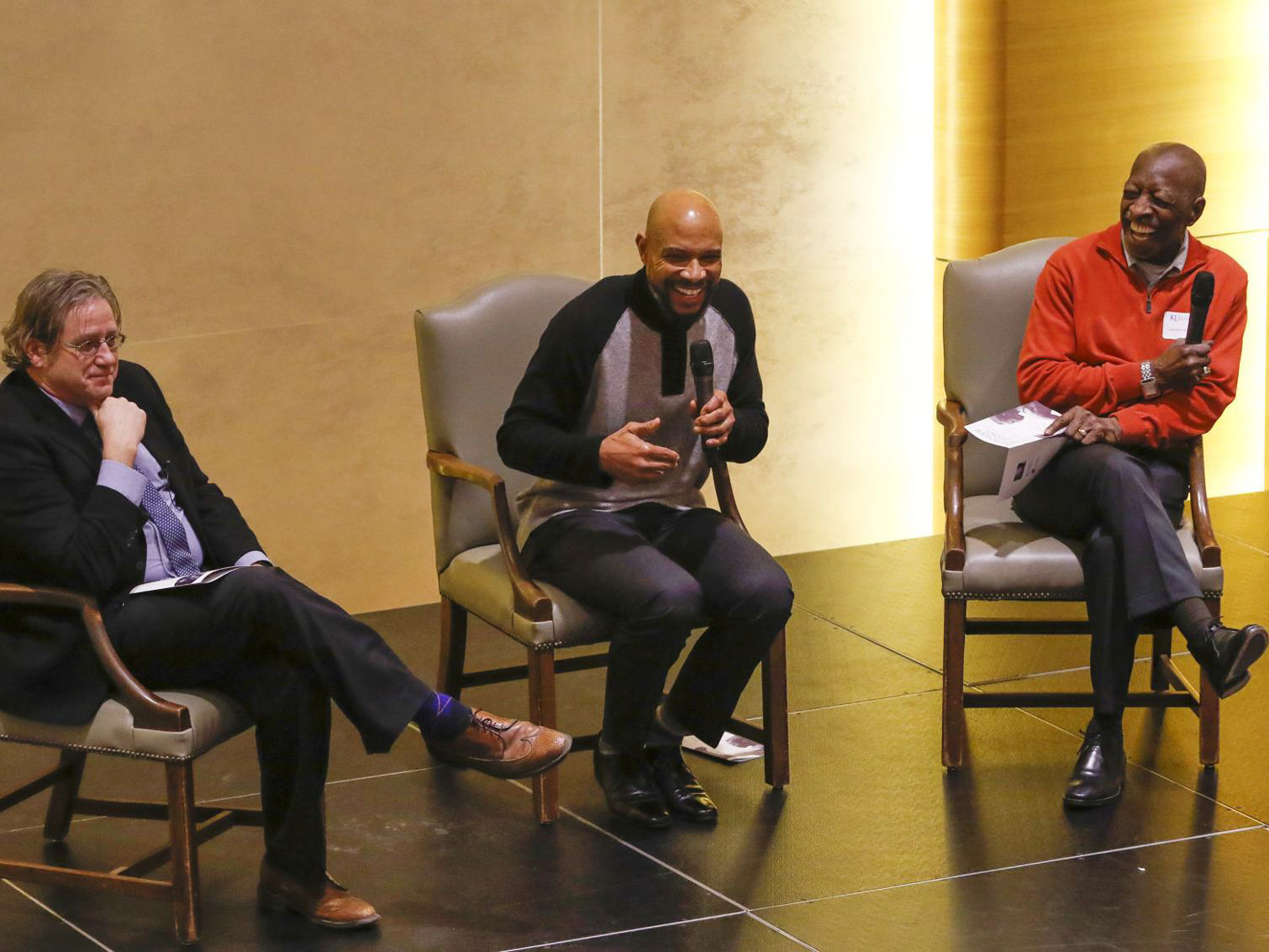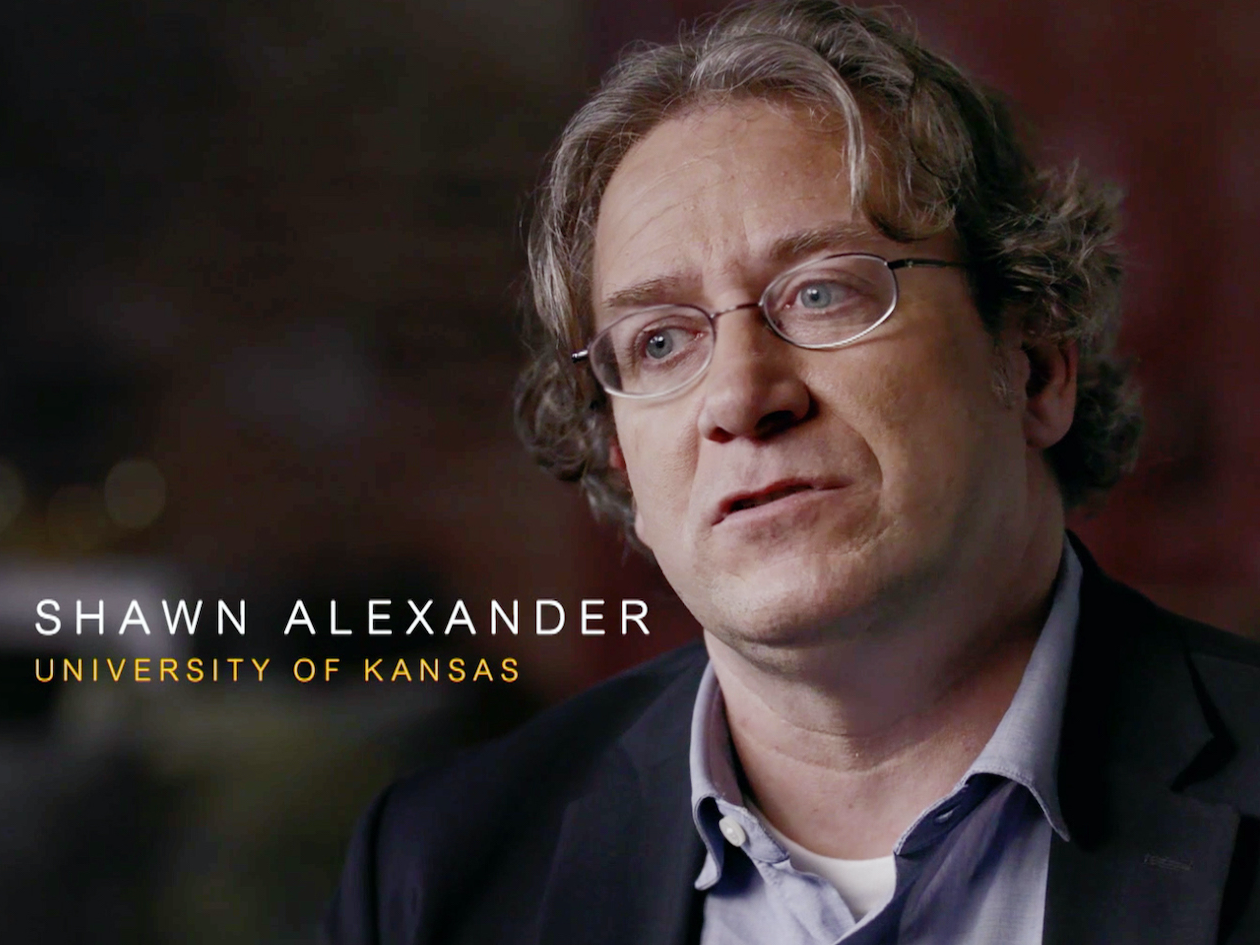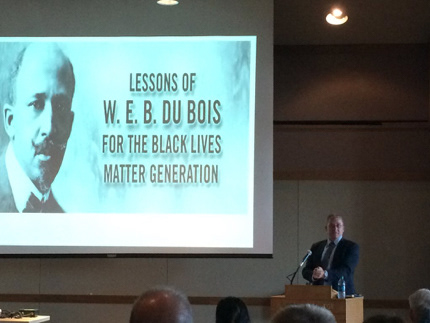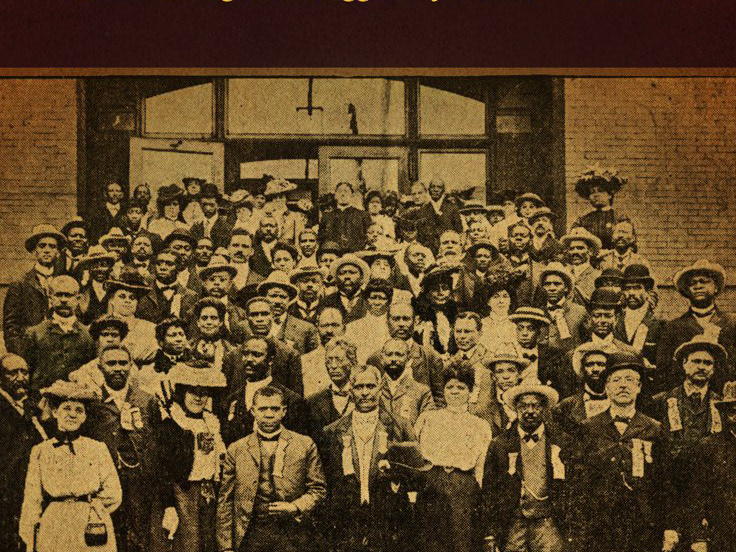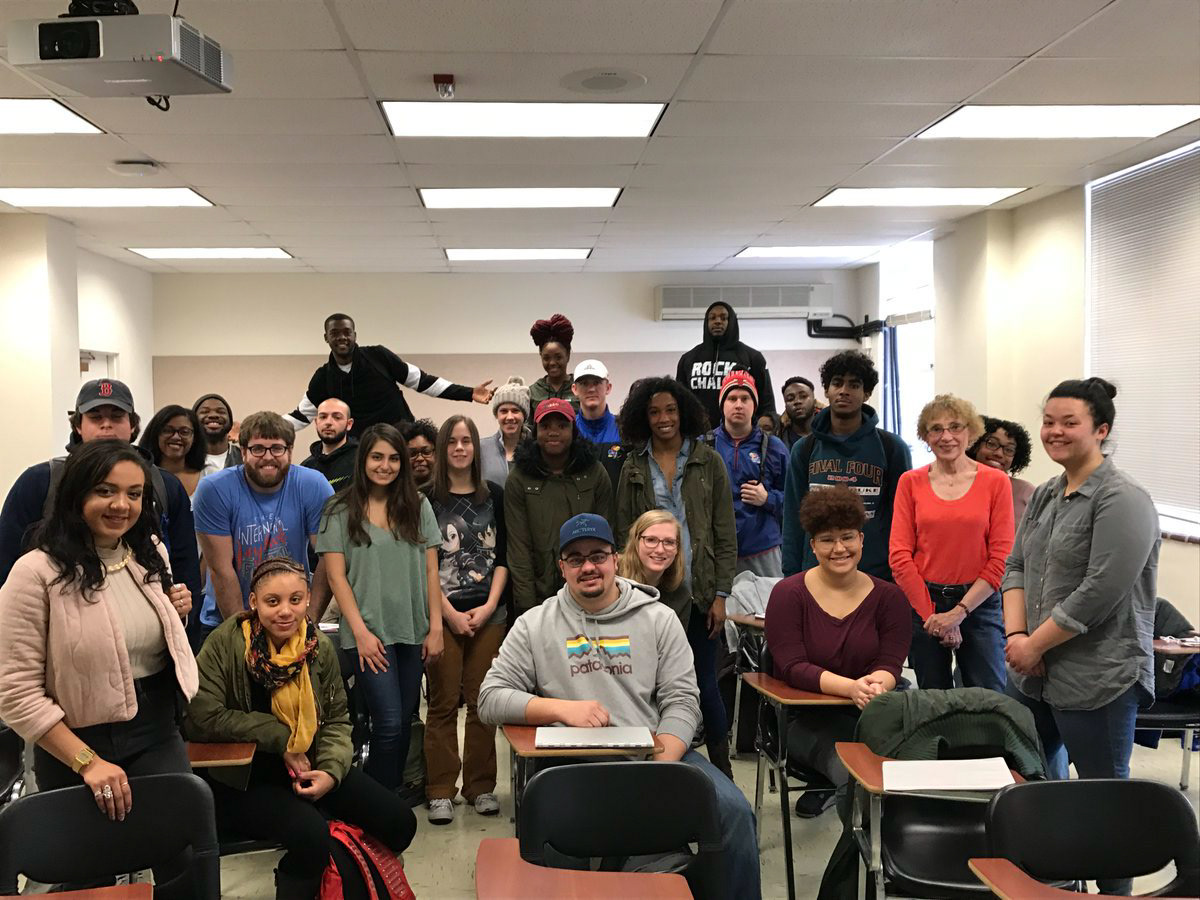My research redefines our understanding of African American social and intellectual history in the 19th and 20th centuries. My major interests are in African American post-emancipation social and cultural history, racial ideologies and social movements, and organizational history. In my work I examine the various ideologies held by African Americans in the 19th and 20th centuries and trace how blacks organized around these ideologies to struggle against the racial status quo. This research contributes to our conception of the African American liberation movements, the “long civil rights movement,” and American history in general by recontextualizing the way we discuss and think about African America’s struggle for justice, freedom, and equality in the United States.
My research agenda has yielded five books, as well as a number of articles, blogs, and other publications. My books include, T. Thomas Fortune the Afro-American Agitator, a collection of T. Thomas Fortune’s writings, restored Fortune to his central place in African American thought and activism in the late 19th and early 20th centuries. An Army of Lions: The Civil Rights Struggle Before the NAACP, the first full study on both the local and national levels of black civil rights organizations that led to the creation of the National Association for the Advancement of Colored People (NAACP) in 1909. A biography of W. E. B. Du Bois, W. E. B. Du Bois: An American Intellectual and Activist, which traces the development of his thought over time, beginning with his formative years in New England and ending with his death in Ghana. A collection on racial violence, Reconstruction Violence and the Ku Klux Klan Hearings: A Brief History with Documents, which uses the Klan hearings of 1871-72 to not only provide a historical record of the victims and perpetrators of this reign of terror, but also a window into the story of Reconstruction and post Civil War America. Finally a critical edition of W. E. B. Du Bois’s The Souls of Black Folk: Essays and Sketches as well as a reprint of William Sinclair’s The Aftermath of Slavery, a classic account of the failures of Reconstruction and the rise of Jim Crow and critical examination of African American resistance to the rise of white supremacy and the foundation for some of W. E. B. Du Bois’s research in his 1935 Black Reconstruction.
At this time I am beginning to write a history of the NAACP during the 1930s. My research project will look at the organization from the 1929 Judge Parker incident to the end of World War II, demonstrating the central importance of this period in the NAACP’s development. Together all of my projects continue my research in African American social and intellectual history, examining the various ideologies held by black Americans in the 19th and 20th centuries and tracing how they organized around these ideologies to struggle against America’s system of racial apartheid. As a collection, this work greatly adds to our conception of the African American liberation movements and African American and American history in general, as well as contributes to other scholarship that is working to redefine the way we think about African America’s struggle for justice, freedom, and equality in the United States.
My research agenda has yielded five books, as well as a number of articles, blogs, and other publications. My books include, T. Thomas Fortune the Afro-American Agitator, a collection of T. Thomas Fortune’s writings, restored Fortune to his central place in African American thought and activism in the late 19th and early 20th centuries. An Army of Lions: The Civil Rights Struggle Before the NAACP, the first full study on both the local and national levels of black civil rights organizations that led to the creation of the National Association for the Advancement of Colored People (NAACP) in 1909. A biography of W. E. B. Du Bois, W. E. B. Du Bois: An American Intellectual and Activist, which traces the development of his thought over time, beginning with his formative years in New England and ending with his death in Ghana. A collection on racial violence, Reconstruction Violence and the Ku Klux Klan Hearings: A Brief History with Documents, which uses the Klan hearings of 1871-72 to not only provide a historical record of the victims and perpetrators of this reign of terror, but also a window into the story of Reconstruction and post Civil War America. Finally a critical edition of W. E. B. Du Bois’s The Souls of Black Folk: Essays and Sketches as well as a reprint of William Sinclair’s The Aftermath of Slavery, a classic account of the failures of Reconstruction and the rise of Jim Crow and critical examination of African American resistance to the rise of white supremacy and the foundation for some of W. E. B. Du Bois’s research in his 1935 Black Reconstruction.
At this time I am beginning to write a history of the NAACP during the 1930s. My research project will look at the organization from the 1929 Judge Parker incident to the end of World War II, demonstrating the central importance of this period in the NAACP’s development. Together all of my projects continue my research in African American social and intellectual history, examining the various ideologies held by black Americans in the 19th and 20th centuries and tracing how they organized around these ideologies to struggle against America’s system of racial apartheid. As a collection, this work greatly adds to our conception of the African American liberation movements and African American and American history in general, as well as contributes to other scholarship that is working to redefine the way we think about African America’s struggle for justice, freedom, and equality in the United States.
